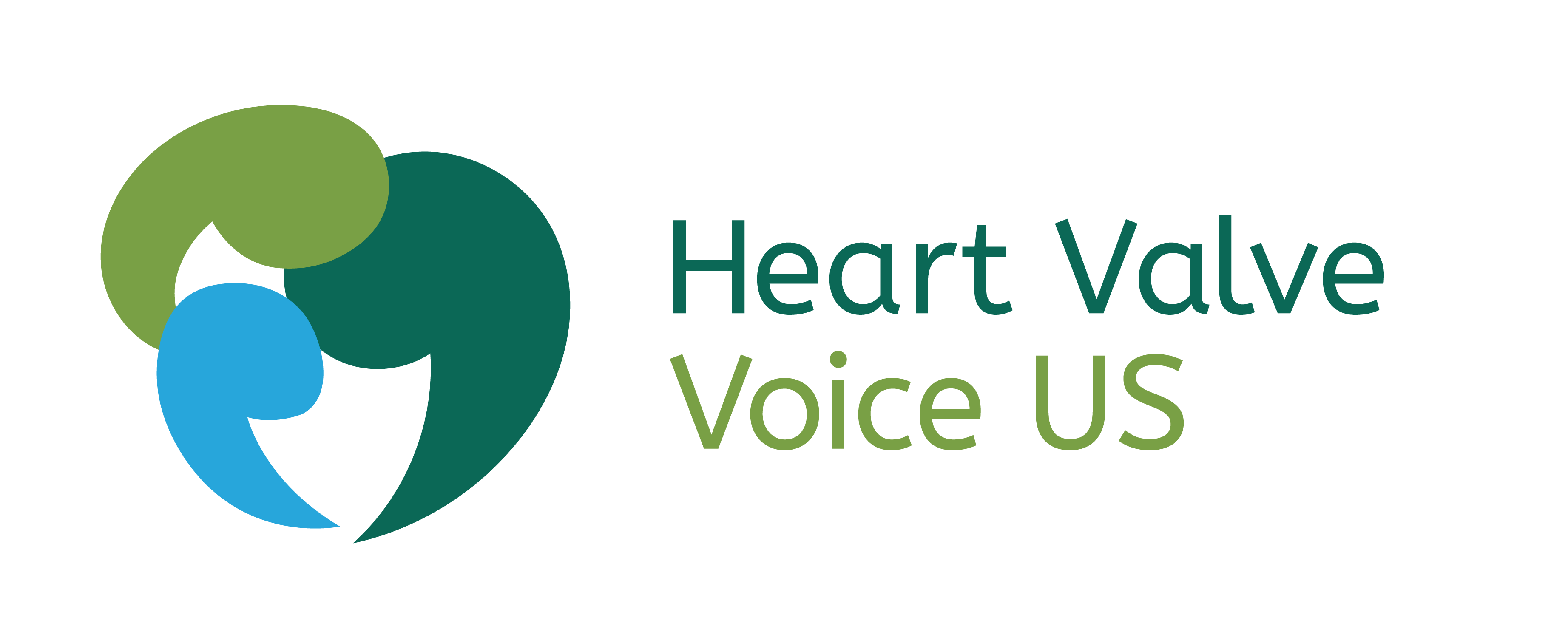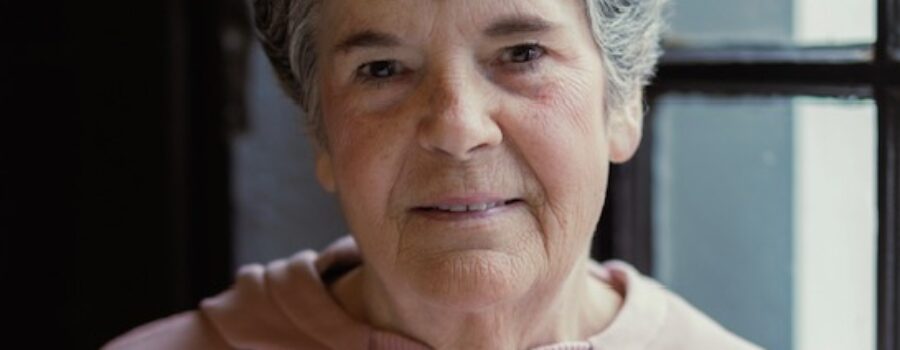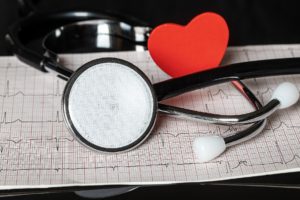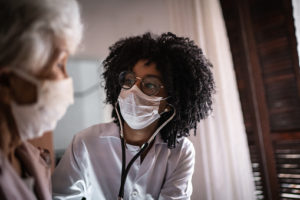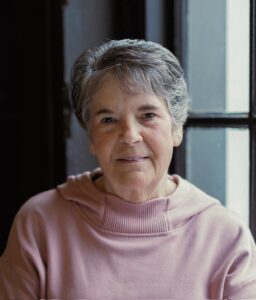
Can you share your experience with heart valve disease?
My symptoms began subtly – persistent backaches that lasted over a year and a half. Despite visiting a cardiologist and requesting an echocardiogram from my cardiologist, I was repeatedly denied. Eventually, I fought hard enough to get the testing I needed. The results were devastating: my aortic valve had disintegrated.
In 2020, I underwent a grueling 10-hour open-heart surgery to replace my aortic valve with a cadaver valve. During the procedure, I lost vitals twice and later developed atrial thrombosis in my right arm, which required three additional surgeries within a 24-hour period. Because I was still under sedation from the open-heart surgery, my children were asked to provide consent for each operation. The healing process was painful and slow, with significant loss of bone and muscle.
In early 2024, a follow-up echocardiogram revealed severe tricuspid regurgitation. By September, I was referred to Oregon Health & Science University and qualified for a clinical trial for the Edwards Lifesciences CardioBand – a device still under FDA review. After nine procedures, I became the fourth person in the United States to receive an implant in February.
What would you like patients to know about participating in a clinical trial?
I think of the clinical trial participation as an adoption process – both filled with unknowns and “what ifs”. As a mother of two adopted children, I understand the fear and uncertainty. But I believe that if the alternatives are worse than the unknowns, it’s worth the risk. Participating in a clinical trial was a blessing and I’m thrilled to have been a part of it.
What encouraged you to become a patient advocate?
As I reflect on my 2020 surgery, I am grateful to be alive. Doing advocacy work in the heart valve disease world is my way of saying “thank you”. Contributing to advocacy also makes me happy.
I became involved with Heart Valve Voice US through social media and connected with fellow patient advocate and Ambassador, Mary Burrell. Through Facebook groups focused on tricuspid valve disease, I also connected with Global Heart Hub and other advocacy initiatives.
Why do you think sharing your story matters?
I believe that sharing your story can create a ripple effect. If one person hears something that triggers what they are experiencing or what a loved one is going through – and they seek help – then it’s worth it. I encourage patients, health professionals, and advocacy groups to raise awareness by being open. We’ve been conditioned to protect medical information, but sharing doesn’t make you weak – it makes you resilient.
What is one fun fact that others may not know about you?
I love spontaneous road trips – embracing adventure whenever it takes me.
